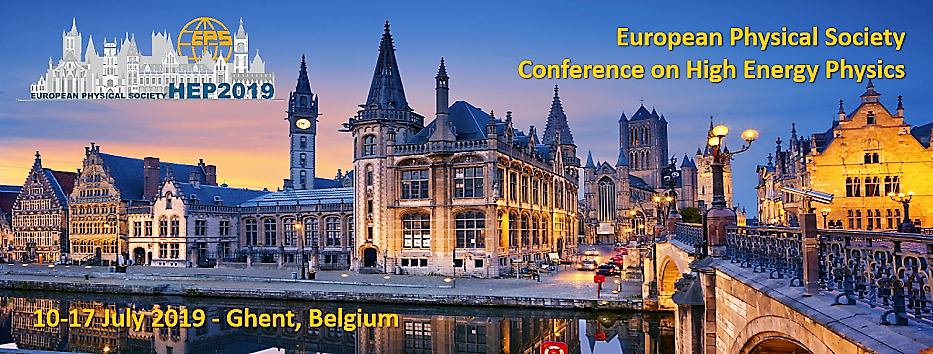Speaker
Description
The COMET experiment is designed to search for a muon to electron ($\mu$-$e$) conversion without associating neutrinos, where the lepton flavour is violated at the charged lepton sector, with unprecedented sensitivity. The charged lepton flavour violating processes (CLFV) are forbidden in the Standard Model, while many plausible models beyond the SM (BSM) predict the detectable rates of CLFV processes. Therefore the CLFV searches are strong tools to probe the BSM. If any of CLFV process is discovered, it would be the clear evidence of BSM.
The aiming sensitivity of COMET is 10,000 times better than the present upper limit, $7\times10^{-13}$ (90%CL). This corresponds to the energy scale of new physics up to $\sim$10,000 TeV, enabling the effective new physics search complimentary to direct searches in high energy colliders, other CLFV searches, precision flavour physics, and muon's anomalous magnetic moment.
The experiment adopts the staging approach and the first stage of COMET is now under construction at J-PARC/Japan, to search for the $\mu$-$e$ conversion with the intermediate sensitivity, $\sim3\times10^{-15}$ in the early 2020s, followed by the COMET Phase-II experiment to achieve 100 times further improved sensitivity. We recently measured the quality of proton beam at J-PARC and it satisfied our exceedingly strict requirement to achieve the target sensitivity. Preparations for the beam-line, detectors and electronics are intensively progressing on schedule. In addition, we recently started further optimisations for Phase-II experiment in order to improve the target sensitivity by factor 2--10 from the current baseline sensitivity of $\sim3\times10^{-17}$.
In this talk, I will summarise the current status of the COMET experiment, mainly focus on the recent highlights those of above mentioned together with future prospects.




